Strategy. Innovation. Automation
Technological Solutions
Our passion for innovation meets your unique business goals. Whether you are in need of communications strategy, visual implementations or looking to create a “wow” experience, we can help from consultation to implementation of the entire project.
Fueling Progress
We believe in the power of collaboration to drive technological advancements. By working together, we can achieve breakthroughs that would be impossible alone.
We are Here to Help
3,000+
Projects Completed
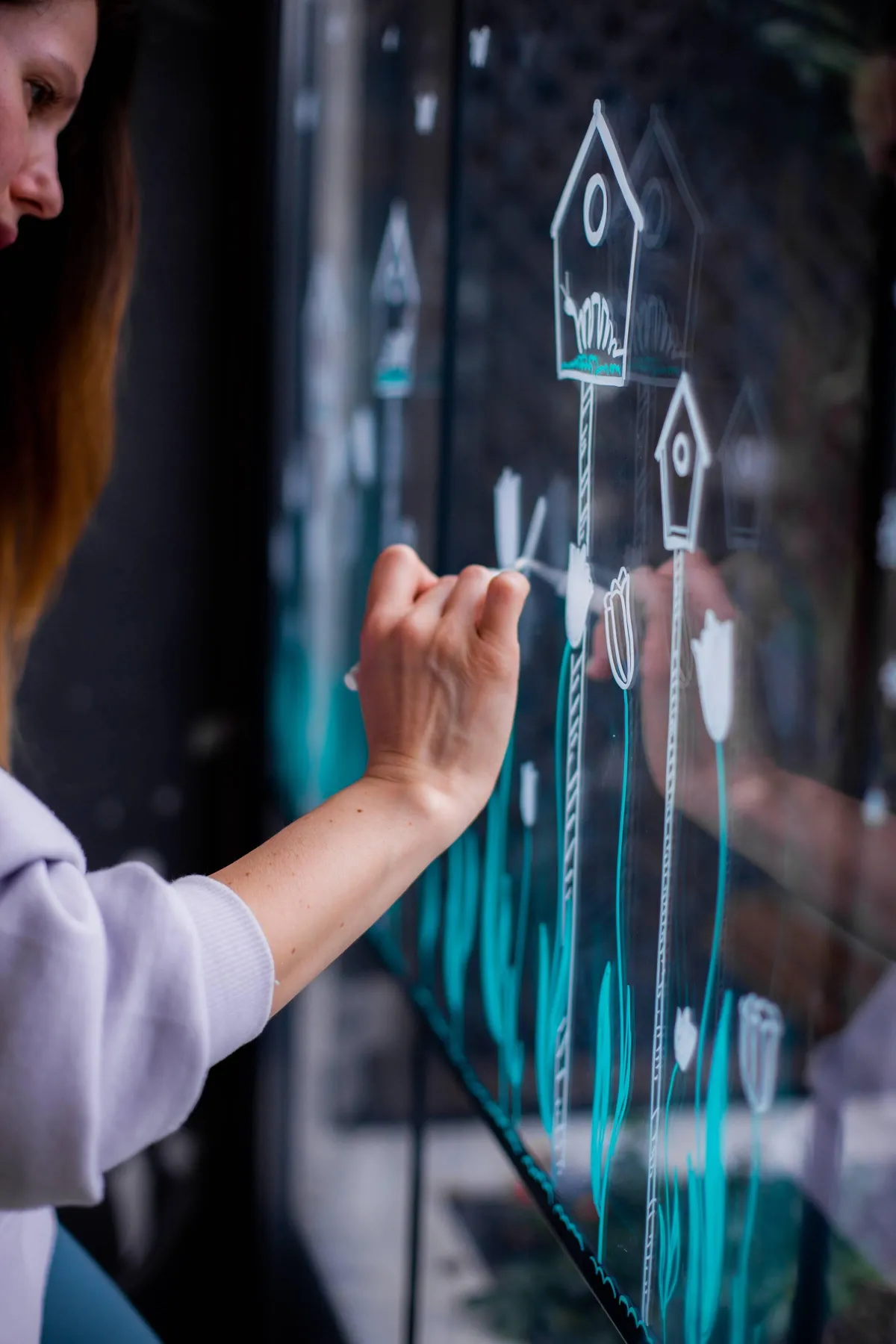
Automation and Integration
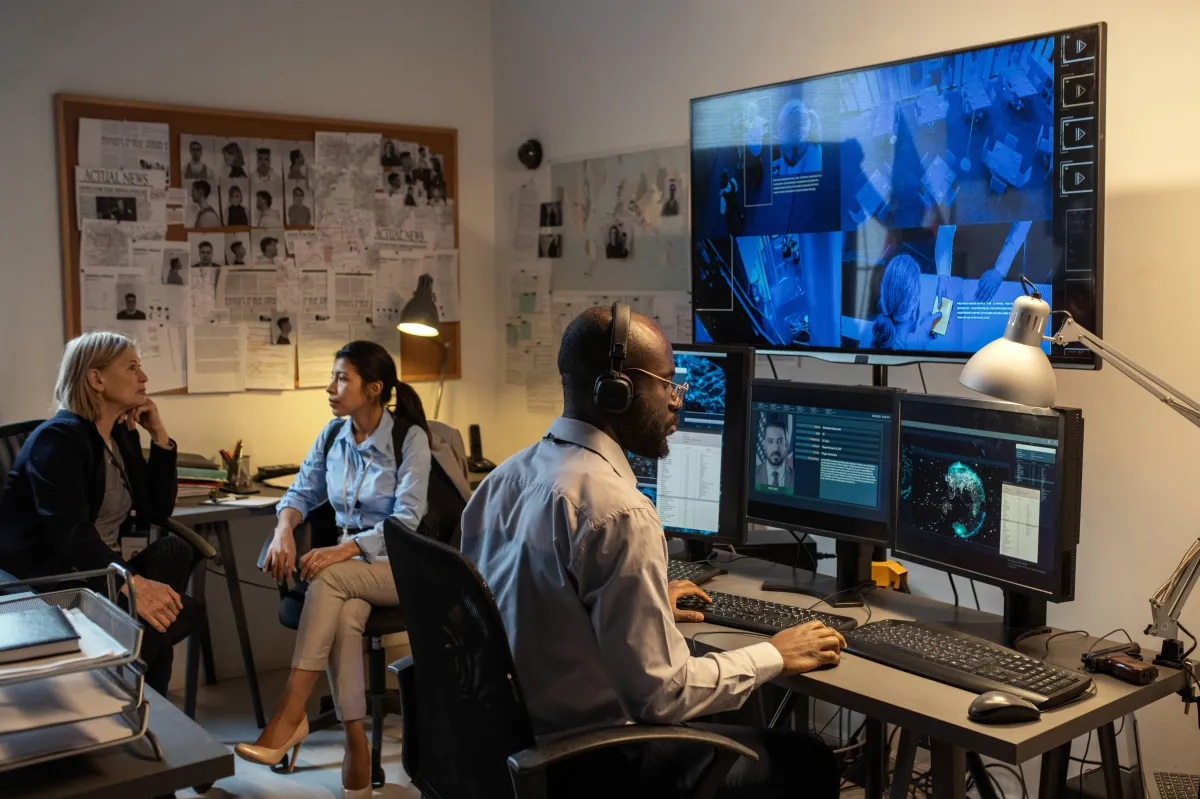
Boost Efficiency
We Provide Strategy, Innovation and Execution for Commercial Audio Video Needs
Sphere Audio Video empowers businesses to streamline operations and boost efficiency through seamless integration of cutting-edge automation and technology solutions. From smart buildings and AI-powered automation to VR training and cloud-based systems, Sphere AV tailors solutions to each client's unique needs, enabling them to work smarter, not harder. Their expertise in integrating separate technologies ensures a unified and cohesive system, maximizing efficiency and fostering a dynamic work environment.
Beyond Screens and Speakers
As a business, you need more than just audio-visual equipment. You need a strategic partner who can translate your vision into reality, harnessing the power of technology to create immersive experiences that engage, connect, and inspire.
Sphere Audio Video optimizes business operations with strategically designed distributed audio systems. Whether it's background music for fostering a specific atmosphere, clear communication for announcements, or zoned audio for targeted messaging, Sphere AV tailors solutions to enhance customer experience, improve staff productivity, and ensure clear communication throughout the space.
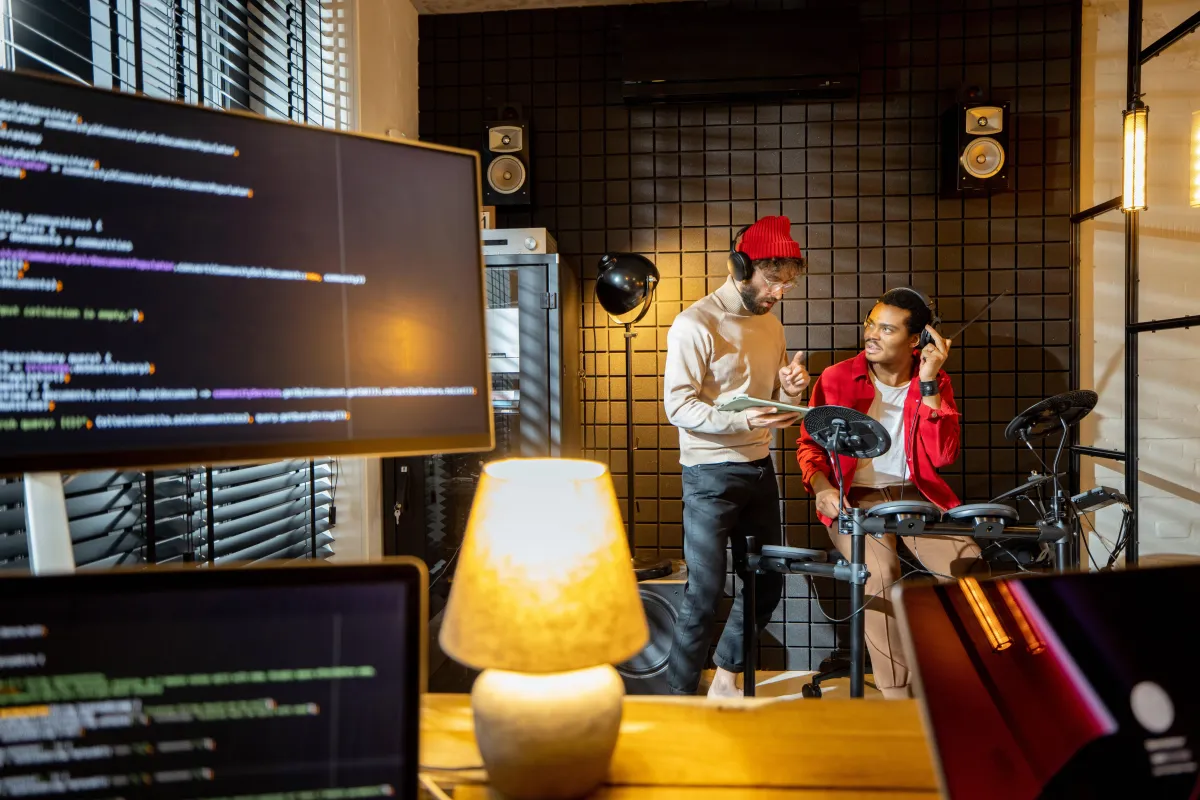
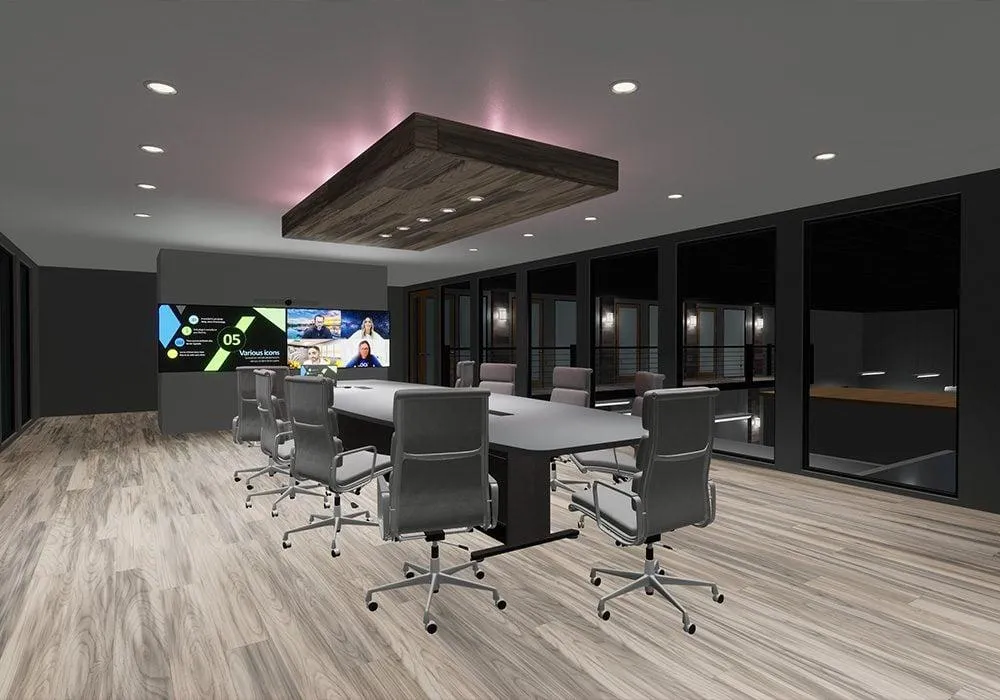
Unveiling the Cutting Edge
Forget about following trends, with Sphere Audio Video, you become the trendsetter. Our passionate team relentlessly explores and integrates the latest technologies, pushing the boundaries to deliver unmatched experiences for your customers. Imagine AI-powered sound systems that seamlessly adapt to any environment, or captivating 3D displays that transport audiences to another world.
We don't just offer technology; we craft solutions that elevate your brand and captivate your customers, leaving a lasting impression and driving business success.
Flawless Execution
Innovation without execution is just an idea. That's why we prioritize meticulous project management, ensuring every step, from design to installation and beyond, is executed flawlessly.
Our team of certified professionals possesses the technical expertise and experience to handle complex projects. We don't just install equipment; we build systems that work flawlessly and consistently deliver on your vision.
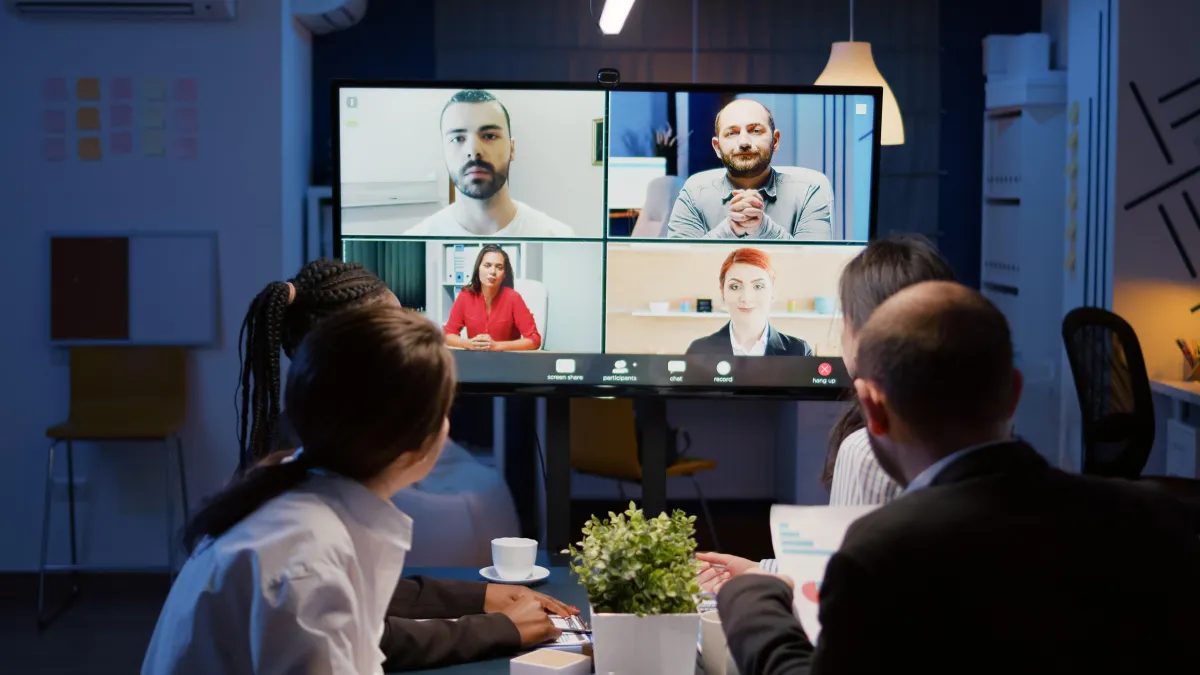
Transform Your Spaces/Rooms
with
Our Featured Technological Solutions
Experience the power of automation and innovative technology solutions that designed to enhance your work-spaces, making them more efficient, secure, and enjoyable.
Discover the power of our dynamic spaces and experience unparalleled productivity and efficiency.
Enhance your meetings, presentations, and education with advanced tech. Build strong networks for seamless communication.
Elevate your visuals with customizable video solutions. Connect seamlessly with cutting-edge conferencing.
Improve the sound quality of your work-spaces with our sound masking solutions and acoustical treatments.
Create your perfect environment with our innovative lighting solutions. Take control of brightness and color temperature.
Enhance your reality and Immerse yourself in virtual worlds and step into the future with our extended reality experiences.
Read Our Latest Articles
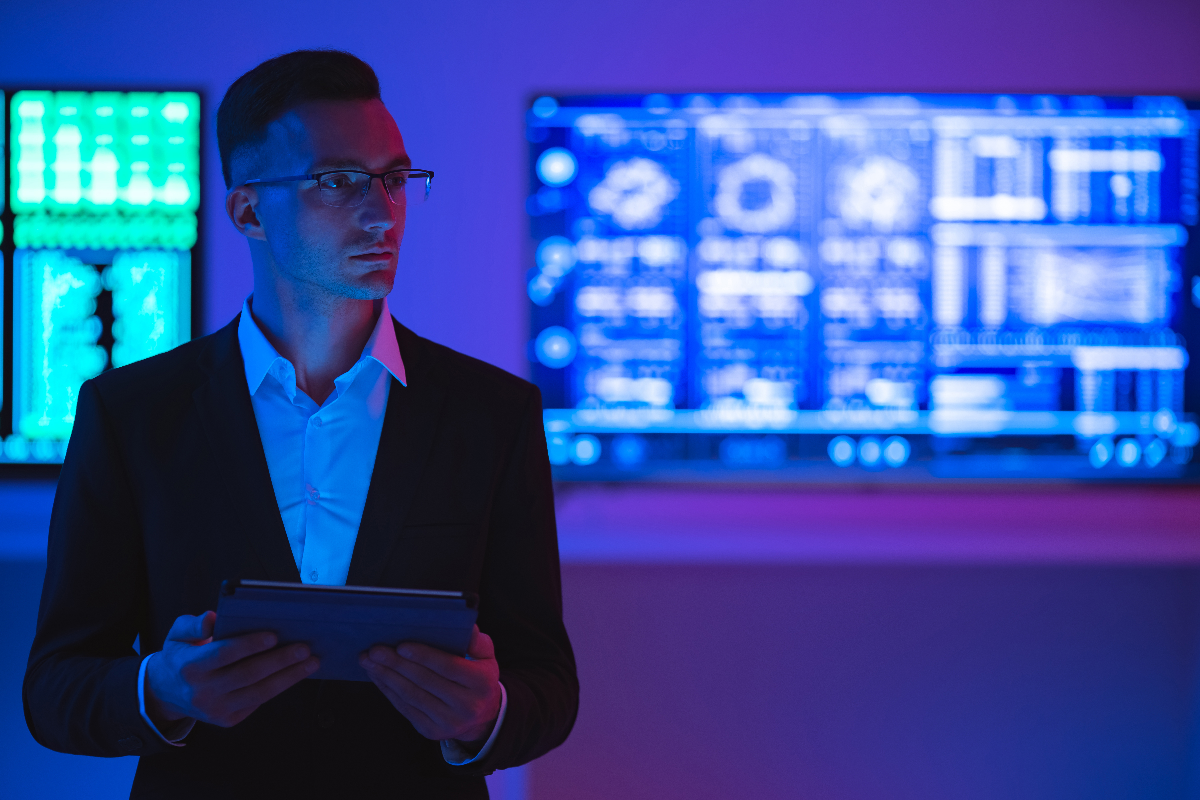
Why Intelligent Room Technology Is the Next Big Thing
Technology is no longer just a tool—it’s an integral part of our daily lives, shaping how we live, work, and interact with the world around us. ...more
Smart Home Technology
February 13, 2025•14 min read
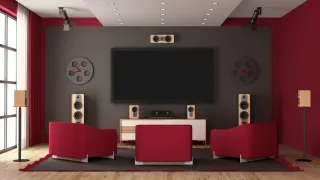
The Soundtrack to Your Life: A Guide to Home and Commercial Audio
Tired of moving speakers? Craving high-quality sound throughout your home? Explore whole-house audio systems! This guide unveils the advantages: effortless control, multi-room music, and a wireless se... ...more
Business Automations ,Home Theater
November 04, 2024•12 min read
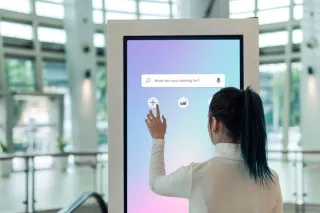
How Digital Signage Can Transform Your Branding
Transform your brand experience with digital signage! Engage customers, showcase products, and elevate your brand image with dynamic & interactive digital displays. ...more
Business Automations
July 01, 2024•7 min read
Get in Touch

Quick Links
Sphere Audio Video | © 2025. All Rights Reserved
Site By Trustway Marketing
Powered by Kyrios Systems